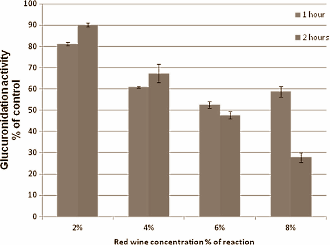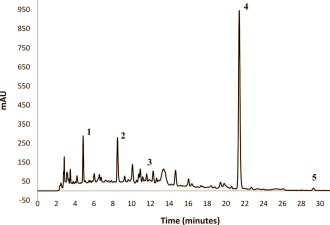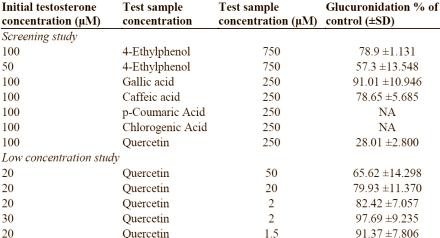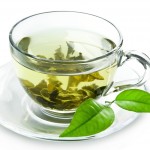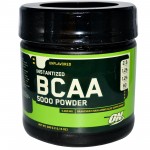By Admin – Steroidal.com
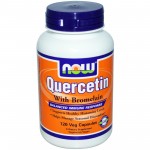 Researchers in England at the University of Kingston have discovered that phenols in red wine inhibit an enzyme that expels testosterone from the body. They found that Quercetin may be an effective testosterone booster which is a readily available dietary supplement on most high streets.
Researchers in England at the University of Kingston have discovered that phenols in red wine inhibit an enzyme that expels testosterone from the body. They found that Quercetin may be an effective testosterone booster which is a readily available dietary supplement on most high streets.
The enzyme they studied is called UGT2B17. It’s a steroid glucuronidation enzyme, which means it attaches molecules to testosterone causing them to be eliminated in urine. Other inhibitors of UGT2B17 are Ibuprofen, EGCG (green tea) and diclofenac. Because doping tests for testosterone examine urine, substances that inhibit UGT2B17 are of interest to chemical athletes who use testosterone as well.
Naturally occurring UGT2B17 may be of interest to natural athletes due to tea extracts, or other plants containing UGT2B17, as they may be able to raise testosterone levels. This raise in testosterone could help post recovery muscle damage, libido, and aggression. Adding tea extracts, or supplementing with UGT2B17, may also be effective after a course of anabolic steroids is finished aiding testosterone synthesis post cycle.
The British researchers say in their study, which will soon be published in Nutrition Journal, that red wine inhibits the transformation of testosterone by UGT2B17 in test tubes.
After the researchers had worked out that the effect was not due to the alcohol, they used high performance liquid chromatography (HPLC) to work out which substances were likely to inhibit UGT2B17 found in the red wine. They concluded it may be five candidates. In the chromatogram above 1 stands for gallic acid, 2 for chlorogenic acid, 3 for caffeic acid, 4 for p-coumaric acid and 5 for Quercetin.
The researchers then did in-vitro tests to work out how good the substances were at preventing UGT2B17 from converting testosterone. They found that quercetin in particular was a good UGT2B17 inhibitor. The researchers suspected that quercetin takes the place of testosterone in UGT2B17.
“It has yet to be determined if any direct inhibition of steroid glucuronidation enzymes could alter the levels of circulating serum testosterone in addition to altering the levels of testosterone excreted in urine”, the researchers write. “The ubiquitous presence of quercetin and other active flavonols, along with the catechins, in many foodstuffs indicate that any in vivo effects may be common.”
As well as possibly raising testosterone levels, Quertein has been shown to reduce cortisol peak levels, increase bone density, enhance fat loss, reduce estrogen and improve stamina.
Source:
Nutr J. 2012 Sep 7;11(1):67. [Epub ahead of print].





